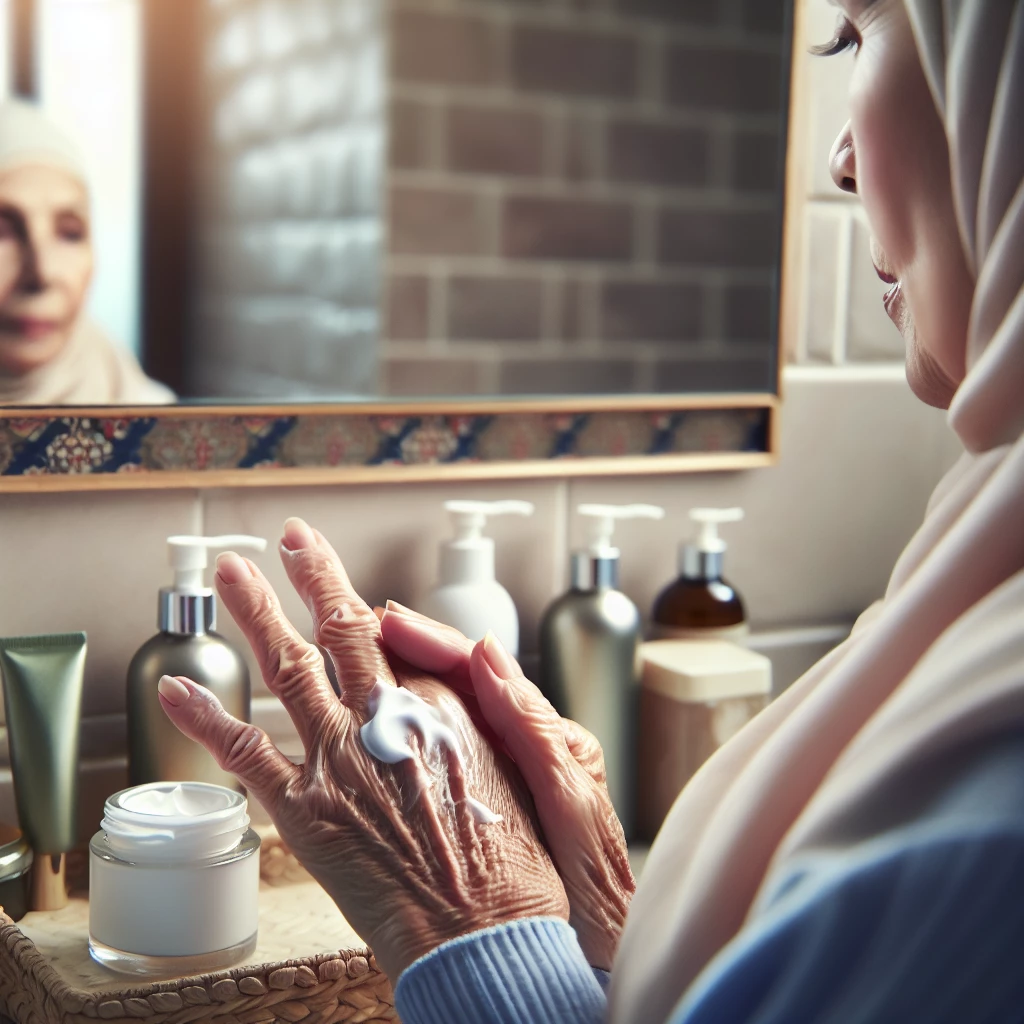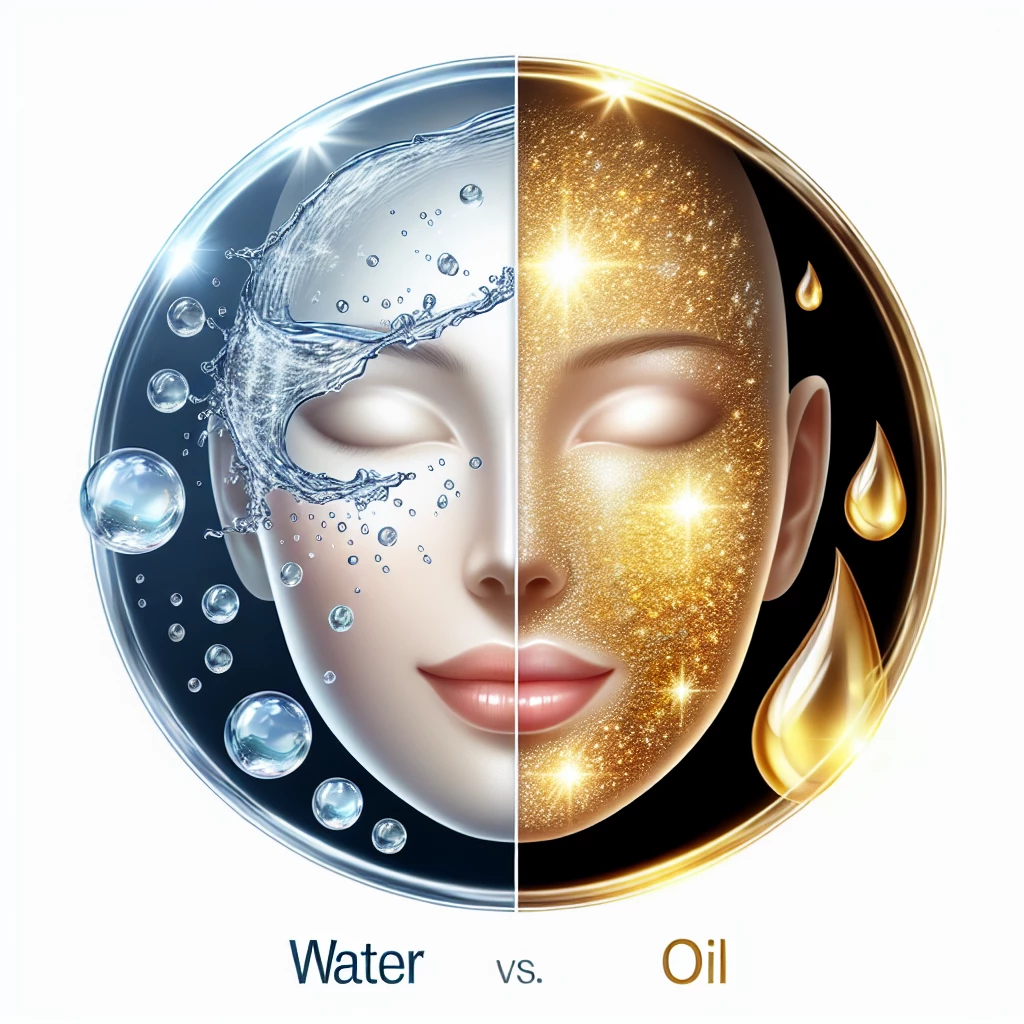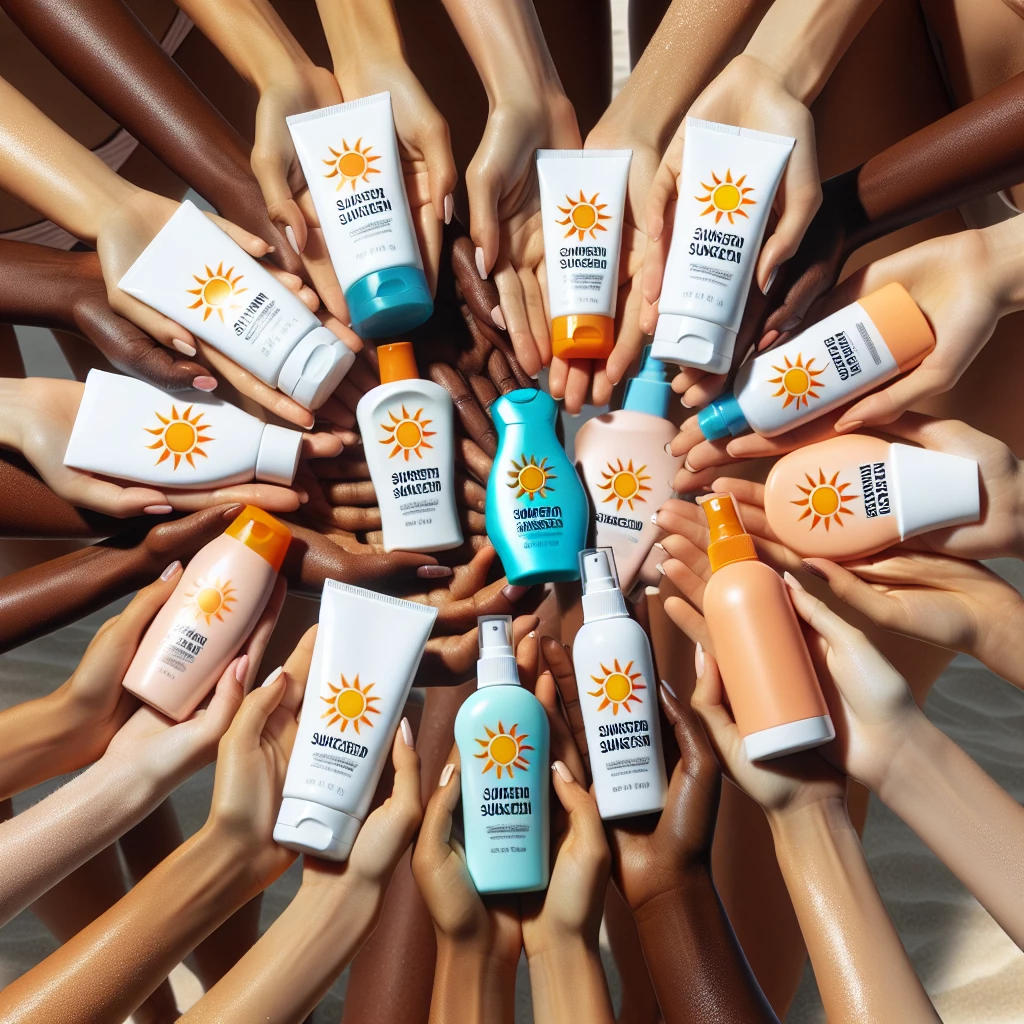Understanding Sunscreen and Its Importance
Sunscreen is a skincare product designed to protect your skin from the harmful UV rays of the sun. It plays a crucial role in protecting against skin cancer, which is heavily linked to overexposure to the sun's UVB rays. UV rays are not only harmful to your skin's surface but can also penetrate to deeper layers, resulting in premature aging and potential skin diseases.
Wearing sunscreen daily, regardless of the weather, not only protects against harmful UV radiation but also against the environmental pollutants. It forms a barrier on your skin, acting as an another layer of defense against these external damaging factors. Thus, it contributes to overall skin health and youthfulness.
Sunscreen even helps to preserve your skin's healthy cells, which is important for the smooth functioning and overall appearance of your skin. These cells play a key role in keeping your skin tight and glowing. Without a proper sunscreen defense, these cells can be damaged, causing the skin to look older than it is.
Different Types of Sunscreens
Broadly, sunscreens are classified into two types: physical (also called mineral) and chemical sunscreens. Physical sunscreens work by sitting on top of the skin and deflecting the sun's rays. They usually contain active mineral ingredients, such as titanium dioxide or zinc oxide.
On the contrary, chemical sunscreens penetrate the skin and absorb the sun's rays. They contain organic (carbon-based) compounds, which transform UV rays into heat, then release that heat from the skin. Both types have their own merits and demerits, so it's important to choose one that suits your skin type and lifestyle best.
Moreover, sunscreens come with different SPF (Sun Protection Factor) values. A higher SPF value provides greater protection against UVB rays, which cause sunburn. SPF 30, for instance, blocks around 97% of UVB rays, while SPF 50 blocks 98%. However, no sunscreen can block 100% of the sun's rays.
How and When to Apply Sunscreen
Knowing how and when to apply sunscreen can significantly increase its effectiveness. Apply sunscreen generously approximately 15 to 30 minutes before going outdoors. This allows it to fully bind to the skin.
It's crucial to reapply at least every two hours, and immediately after swimming or sweating. Most people do not apply enough sunscreen, which lowers the amount of protection they're getting. Ensure you cover all the exposed areas, not forgetting places like your neck, ears, and top of your feet.
Importantly, sunscreen should be applied even on cloudy days, as up to 80% of the sun's harmful UV rays can penetrate your skin, regardless of the weather.
Sunscreen and Makeup: A Harmonic Duo
Many women hesitate to use sunscreen due to the fear that it might interfere with their makeup. However, a properly chosen and well-applied sunscreen can actually enhance your makeup and help it last longer.
It's suggested to apply sunscreen before your makeup. Many of them have moisturizing properties, which can help prepare your skin for makeup application. Alternatively, there are makeup products with SPF protection, but they are generally not sufficient alone and need to be coupled with a standalone sunscreen for optimal protection.
For the foundation-users, it's advisable to let the sunscreen fully absorb into the skin before applying your base. You can also find sunscreens that double as primers, promising you an even complexion and longevity in your makeup wear.
In conclusion, sunscreen proves to be an indispensable part of any skincare routine. It offers a broad spectrum of benefits from preventing life-threatening conditions like skin cancer to preserving your skin's youthful radiance. Remember, while makeup can help conceal skin imperfections, sunscreen can help prevent them in the first place. So, make sure to make sunscreen your skin's daily best buddy!
Age Gracefully: Mature Skin Care
Delve into the changes that come with aging skin and the best practices to ensure its health and vitality.

Vitamins for Victory: Skin Nutrients
Discover the key vitamins that contribute to skin health and the best ways to incorporate them into your skincare routine.

Exfoliation 101: Clearing the Surface
Dive into the process of exfoliation, uncovering its benefits and learning how to properly exfoliate for brighter, smoother skin.

Skin Hydration: Water vs. Oil
Get insight into the importance of hydration in skincare routines and understand the difference between water-based and oil-based products.
